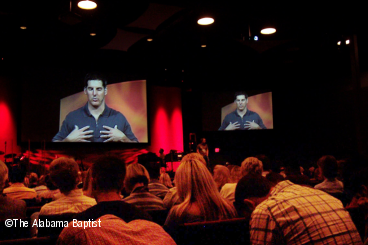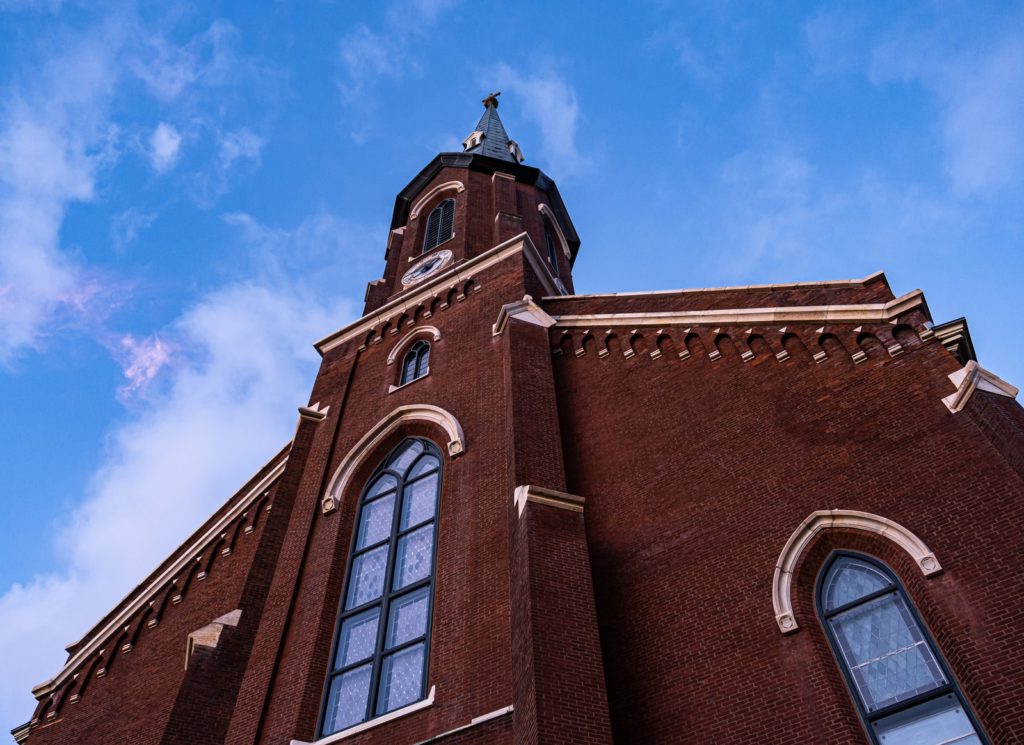Religious groups have long vied for prime parcels of land, planting churches on town squares and monasteries amid isolated mountains. But now they are targeting real estate in a less tangible sphere: cyberspace.
For the first time in its history, the international nonprofit that doles out generic Internet domain names such as “.com” and “.edu” will allow more specific web address extensions like “.church.”
Hundreds of companies, Internet entrepreneurs and cities submitted nearly 2,000 applications, seeking the right to own everything from .app to .zulu, the Britain-based International Corporation for Assigned Names and Numbers (ICANN) announced June 14.
ICANN called the expansion “a new era of online innovation” that will bring “new businesses, new marketing tools, new jobs and new ways to link communities and share information.”
But corporations like Amazon and Apple are not the only applicants for coveted online addresses. Religious power players such as the Vatican, the Mormon Church and the American Bible Society are in the mix as well.
At a time when answers to life’s questions seem just a mouse click away, the online land grab could become a lucrative investment for savvy spiritual leaders, said Heidi Campbell, an associate professor at Texas A&M University.
Nearly eight in 10 religious Americans are active Internet users, according to a 2011 study by the Pew Research Center’s Internet and American Life Project. And 69 percent of the estimated 335,000 churches in the United States have a website, according to a separate study conducted by the Hartford Institute for Religious Research (HIRR).
In other words, there are scores of spiritual seekers online and millions of websites competing for their attention.
“Religious groups clearly see the importance and potential profitability — in ideological or financial terms — to defining the Internet or web space in this way,” said Campbell, an expert on how religious groups interact online.
The applications do not come cheap. ICANN charges an $185,000 application fee and $25,000 yearly for the right to own and operate the registry. The Vatican paid $740,000 to apply for .Catholic in four languages. The Church of Jesus Christ of Latter-day Saints bid on .LDS and .Mormon.
Other religious domain names applied for include: .Christmas, .Faith, .Islam, .Kosher, .Yoga, and .CBN, the initials of Pat Robertson’s Christian Broadcasting Network.
With more than 100 million “.coms” crowding the web, most Bible-related addresses have been claimed, leaving little room for new websites to spread the Word online, said American Bible Society spokesman Geoffrey Morin.
The domain name .BIBLE would open vast tracts of Internet real estate for churches and companies that want to associate themselves with Scripture.
“Opening this realm gives us a new digital mission territory to bring people the Bible,” Morin said. “It’s where millions of people are looking for answers right now.”
LifeChurch.tv, a multisite megachurch and technocentric ministry headquartered in Edmond, Okla., applied to create a more open-ended registry at .church.
As with its popular Bible app and video sermon series, the tech-savvy church wants to put digital tools in the hands of congregations — Christian or not — said Bobby Gruenewald, LifeChurch’s “innovation leader.”
“We do lot of things and invest a lot of time and money for the good of the global church,” Gruenewald said, adding that there will be a minimal fee for .church users.
As long as a proposed .church address is not vulgar, illegal or a trademarked name, LifeChurch will likely allow it, he said.
Their application broadly defines church as any organization of people who share “similar religious beliefs.” Ministries and companies such as pew makers will also be allowed, according to Gruenewald.
Still the megachurch’s application raises thorny questions, said Scott Thumma, an expert on religion and the Internet at the HIRR.
For example, how will LifeChurch decide who gets in-demand names like FirstBaptist.church? And what happens if conservative churches object to sharing web space with FlyingSpaghettiMonster.church?
LifeChurch has secular competition as well. A for-profit company called Holly Fields Inc. has also applied for .church. ICANN is soliciting public comments and will roll out the new domain names in 2013. Under ICANN rules, LifeChurch and Holly Fields may have to work out an agreement.
(RNS)






Share with others: